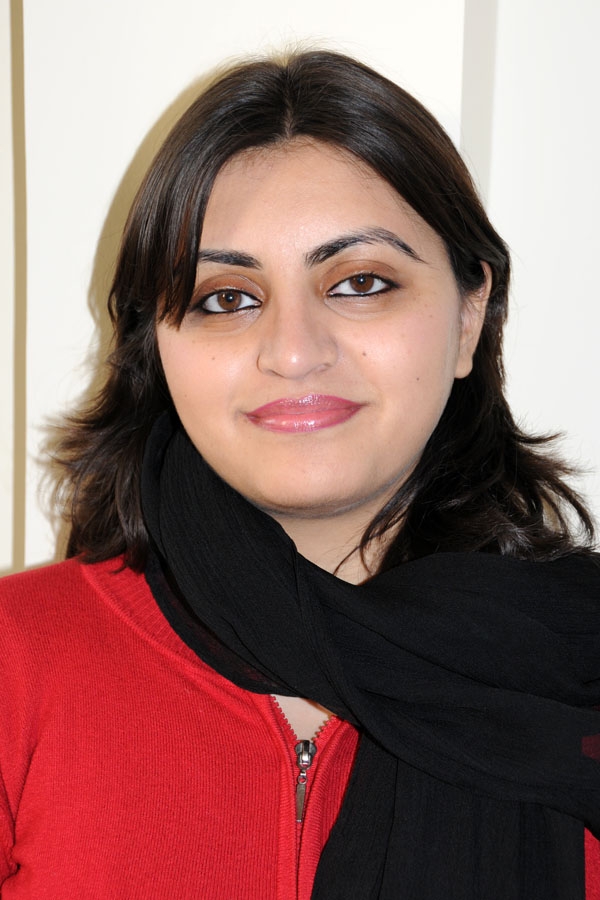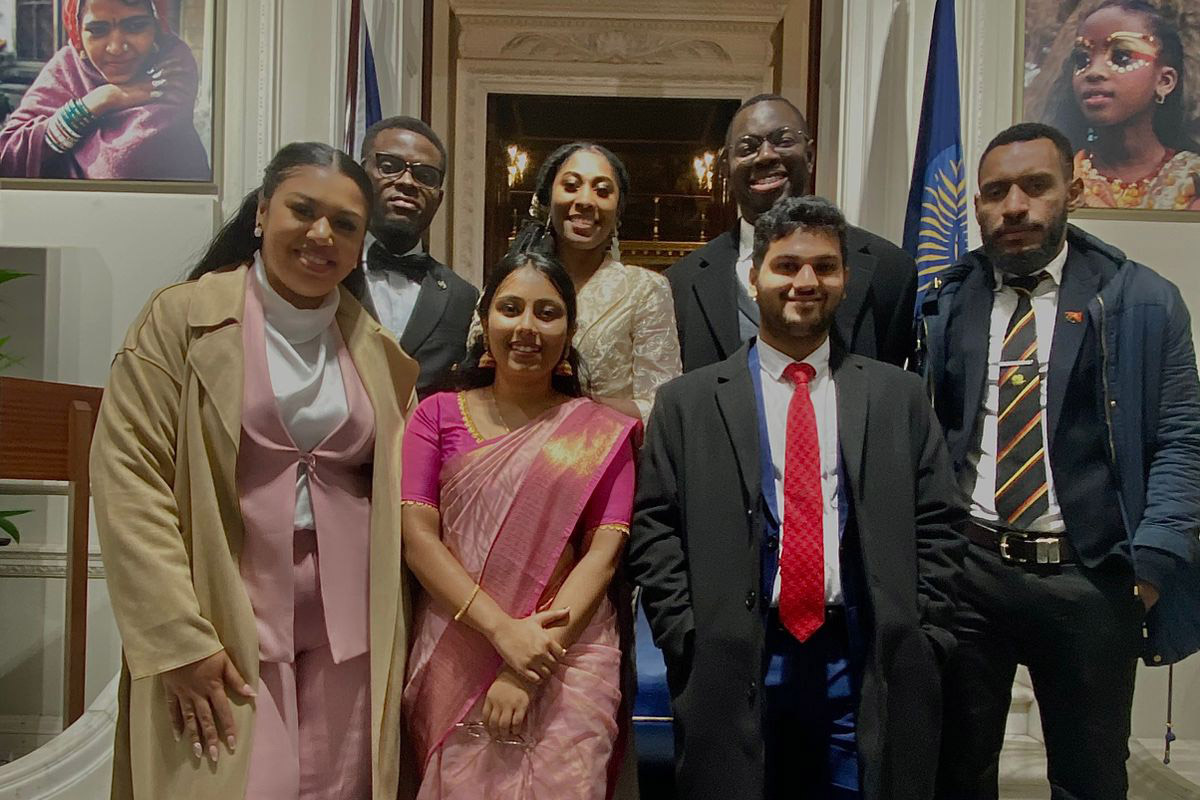Interview with Gulalai Ismail, winner of Commonwealth Youth Award 2015 for the Asian Region
March 31At 16, Gulalai established Aware Girls to provide young women with a platform for learning and advocacy. She led a team of 100 young female monitors of the 2013 Pakistan general elections, which examined the challenges to women’s electoral participation. Gulalai was named one of Foreign Policy Magazine’s Global Thinkers in 2013, and was the recipient of the 2014 International Humanist Award.
Describe a typical day for you
Since I started Aware Girls, I have worked almost every day. I open my laptop and check my emails, attend meetings with partner organisations or community events like working with domestic workers. Then back to the office. I work on report writing for donors. I usually fall asleep writing emails or reports.
Every day is very different and although most of the time I’m working, I take my escape in social media. Whatever happens in social media is a reflection of what is happening in our society. Aware Girls has used it to promote our narratives. We have trained young people to develop their own digital stories that raise awareness about issues not talked about like suicide among young women.
Also, when I’m travelling, I use that time to unwind as that is when I find it most difficult to work. When I travel, I like to be in the moment.
How would your friends describe you?
As a disobedient daughter—a rebellious girl who goes against the norms and does things differently. Some of my friends think I am too Westernised. People in opposition to the work I do see me as someone working to bring Western values to Pakistani culture.
Top film
Bol—meaning speak up—this is about a transvestite disowned by his family. The main idea is to speak up about change you want to bring.
Top heroes
Doctor Fouzia Saeed—my mentor and leading womens rights activist in Pakistan. She wrote a book entitled Taboo which is a famous book about prostitutes in Lahore. She also wrote Working with Sharks about her experience of sexual harassment within the UN—she started a case against someone who was actively harassing her, she won the case and there is now a day off for women against sexual harassment in the UN thanks to her. She has also successfully advocated for laws against sexual harassment in Pakistan.
Bushra Gohar is my second hero. She is a civil society activist and also one of my first female mentors. She helped groom my leadership capacities.
What kind of challenges do you face every day?
We are a young women led organisation meaning that it takes us a lot more time to do what a men-led organisation can do easily. Networking is hard in our own community—living in a closed culture, if you are outspoken, you are more prone to sexual harassment. Most of the leaders are men and if you have to network with them, that increases the possibility of harassment for us. We can meet them only in an office surrounding, it has to be very professional but men can create man to man personal bonds and then it is easier to advocate an idea. We can’t do that—we need networking to remain in a formal setting.
Also, women who want to speak at events are often not supported by the state. The government thinks that we are promoting Western culture among women. For example, the authorities tried to stop us from running an International Women’s Day event, so we contacted the media and other female leaders and they made calls to the local authorities to put pressure on them to allow us to run the event.
The security risk is persistent—receiving threats and calls from militant organisations. We know there is a high risk of attack on us
What are your next steps?
I am heading to Nepal for a partners meeting, then to the USA for a few meetings before going back to Pakistan. We are establishing a union for domestic women workers to allow them to advocate for themselves as, where I am from domestic workers are often not recognised as workers and work on a salary of $4 per month, facing constant harassment.
We are going to organise a policy dialogue between young women, political parties and policy makers.
We have also supported citizen committees which act as the bridge between policy makers and women with the help of the Commonwealth and are planning to organise policy dialogues about what policy makers and political parties can do to increase political participation of women.




